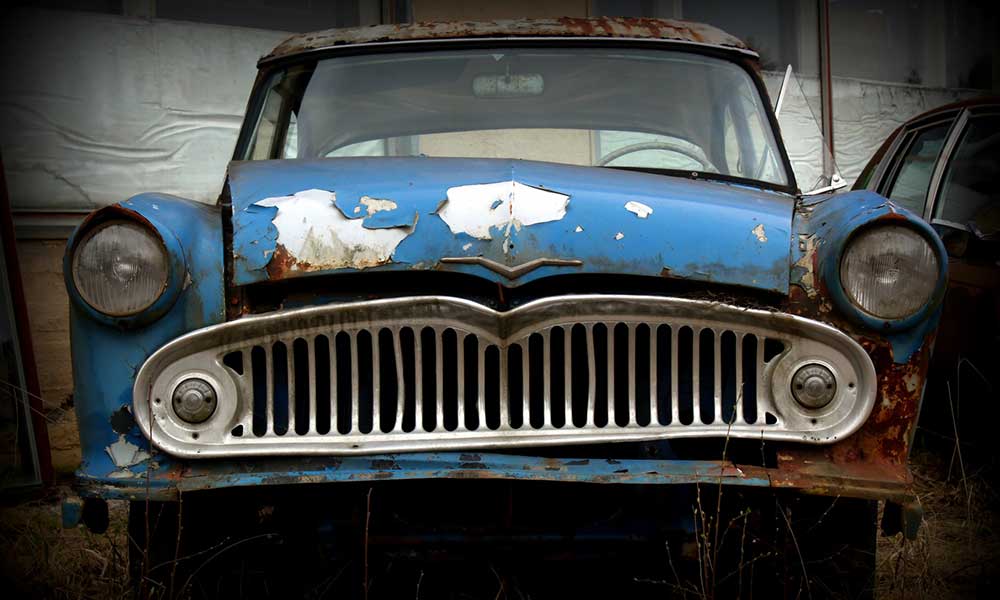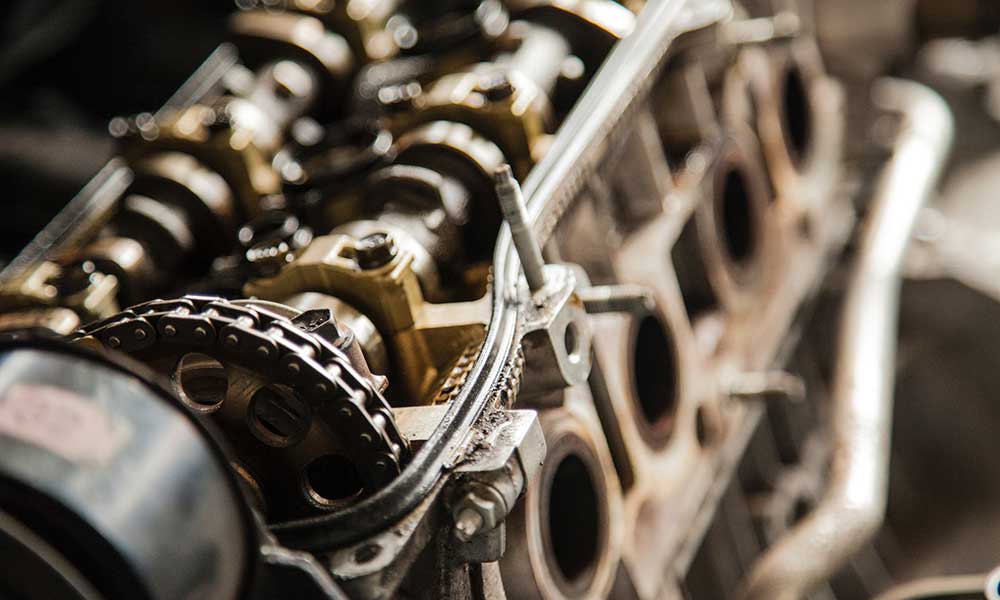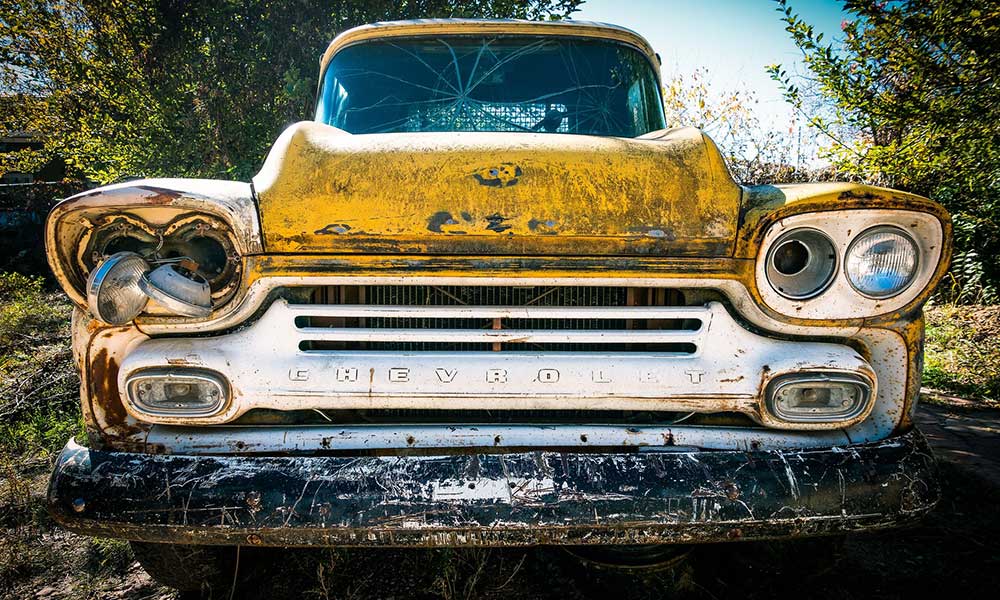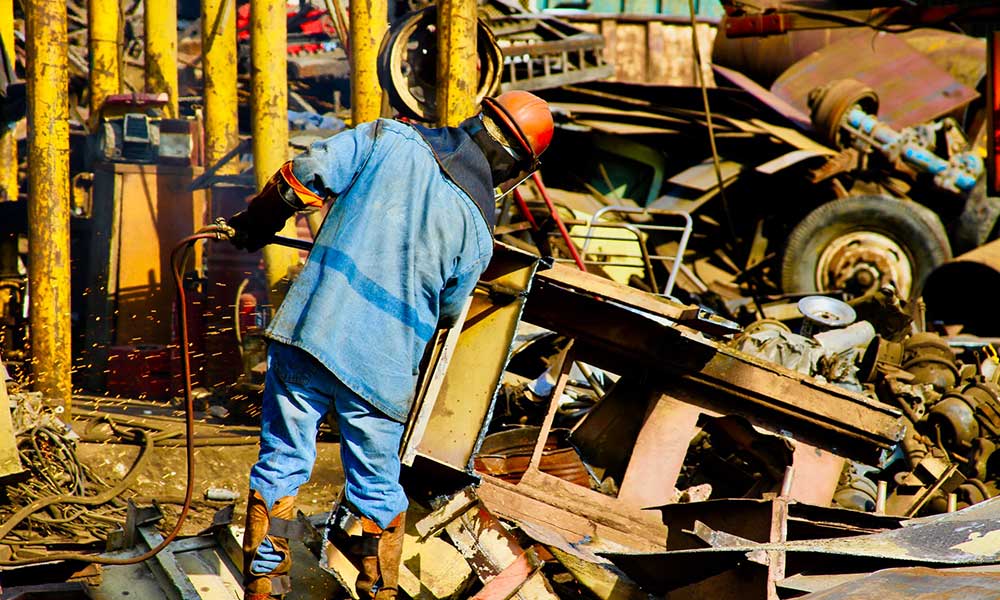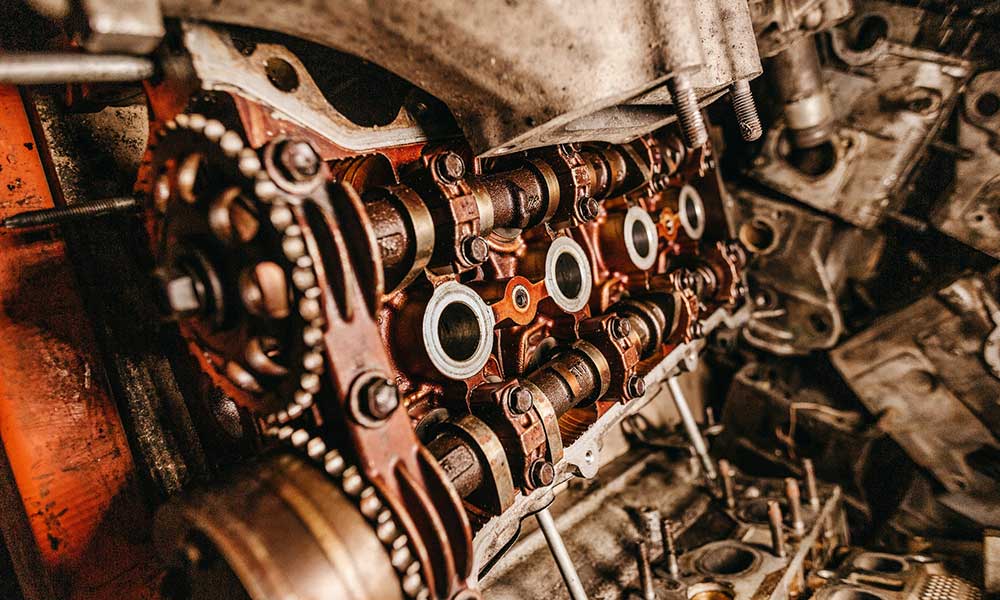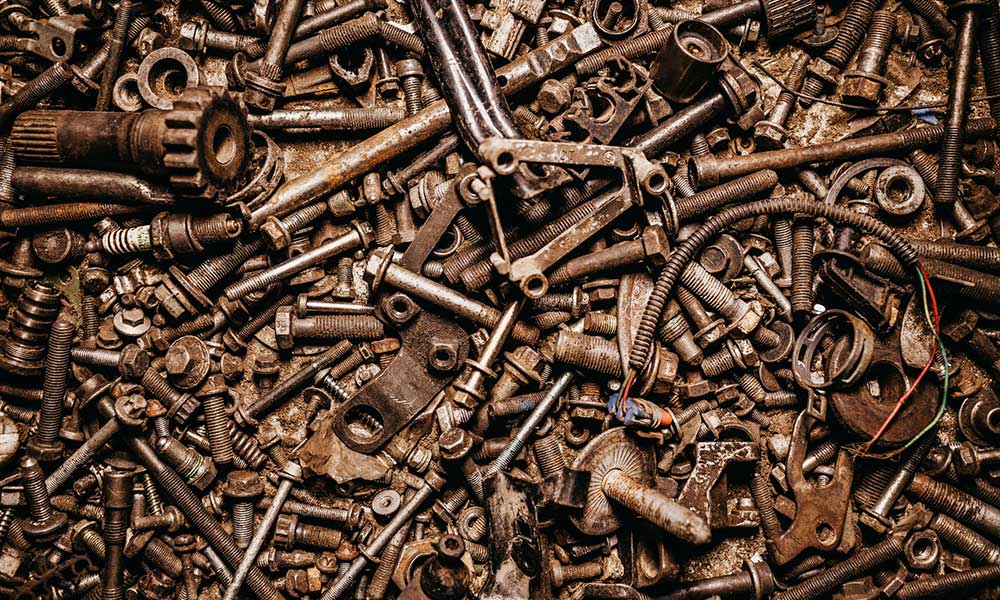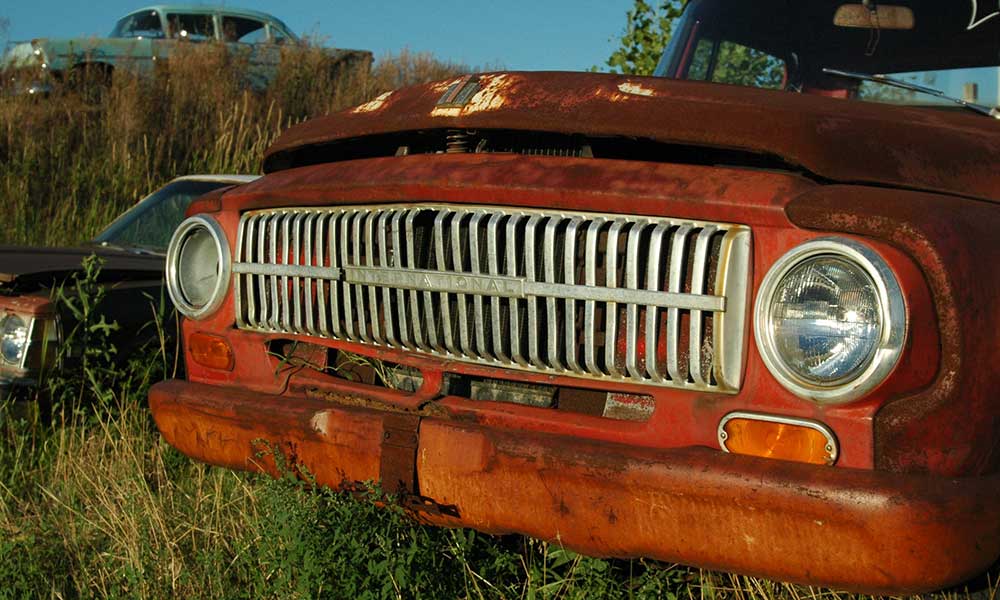When it comes to your car, one of the most common questions is, “why do cars backfire?” Whether it’s an older or newer model car, it needs to be maintained regularly. Here’s what you need to know about car backfiring.
Reasons an Engine Backfires
Below are some of the most common reasons why car engine backfires.
An Increase in the Fuel-to Air Ratio
Your car could backfire because the engine receives more fuel than it can burn at once. A high fuel-to-air ratio is also referred to as “running rich.” One of the most common causes of an increase in the fuel-to-air ratio is a dirty air filter.
Broken or Damaged Distributor Cap
Cars that don’t have ignition coils on their spark plugs distribute electrical pulses through the spark plugs using a set of wire and a distributor cap. These electrical pulses are essential for allowing the spark plugs to ignite the fuel. When the distributor cap is damaged or broken, moisture begins to leak, causing a spark, making one cylinder fire more than the other cylinder. The disruption of spark synchronization causes a car to backfire one or multiple times.
Bad Engine Timing
Incorrect engine timing is an indication that the engine’s cycle of fuel compression and ignition exhaust in the cylinder head is not syncing with the lower part of the cylinder. Because of this problem, the ignition cycle begins later than it should, allowing the burnt fuel to escape with force once the exhaust valve opens.
Carbon Tracking
When carbon tracking occurs, this means your car’s cap and rotor, and plug wires need to be replaced. This issue can cause problems with older and newer model cars. Older vehicles are likely to have a distributor cap. In this situation, the sparks can cause crossways from one wire to the next because of various environmental factors. The continuance of carbon tracking can cause your car to backfire.
Worn Air Gulp Valve
If you have a vehicle manufactured in the year 2000 or before, it’s common for your vehicle to have an air injection unit that features an air gulp valve. When your car’s engine is under load, the valve acts as the passageway for air to enter the system. When the system malfunctions, the air is forced into the combustion chamber at the same time when you decelerate, causing your car to backfire.
Why Do Cars Make Popping Noises?
Cars make various noises, and when it comes to popping noises, there are a few different causes.
Constant Velocity Joints Need to be Replaced
Your constant velocity (CV) joints may need to be replaced if you hear a loud pop or loud bang when you turn the corner. This rule goes for front-wheel and all-wheel-drive vehicles.
Backfires
The popping noise you hear could also be your car backfiring. When your car backfires, it may sound like a firecracker exploding.
EVAP System
When your car makes a popping noise, it could also be the evaporative emissions control systems (EVAP system). When you turn your ignition, the purge valve will open, so once the engine starts, the gasoline vapors can be drawn from the carbon canister, making a popping noise.
Is Exhaust Popping Bad?
Exhaust popping can be normal or a sign of a serious problem. Leaks in the exhaust, excessive fuel entering the motor, and other issues can cause exhaust popping. If this problem persists, it’s best to get it checked out as soon as possible. If you only experience exhaust popping during deceleration for a short time, this could be normal.
Why Does My Car Backfire When I Turn It Off?
Your car may backfire when you turn it off because of unburned fuel or the heat of your car’s muffler mixing with air. Once you turn the ignition off, the spark plugs stop immediately, but the engine will continue to run for a short period afterward.
What Causes My Car to Backfire on Acceleration or Deceleration?
When your car backfires during acceleration, the cause could be poor wiring or a defective ignition. During deceleration, your car may backfire because of burning fuel in your car’s exhaust header or manifold.
How Do You Fix Car Backfire?
To prevent your car from backfiring, first, you need to examine any warning lights that are displaying on your dashboard. If you don’t have any warning lights, inspect your car’s upstream exhaust leak. You should also consider checking the condition of your car’s gulp valves. Blow into each valve from their inlets and outlets to help you determine the condition of the valves.
When your car backfires, there are tons of different culprits. If you can’t determine the problem, consult expert technicians to help you decide on your next steps.

